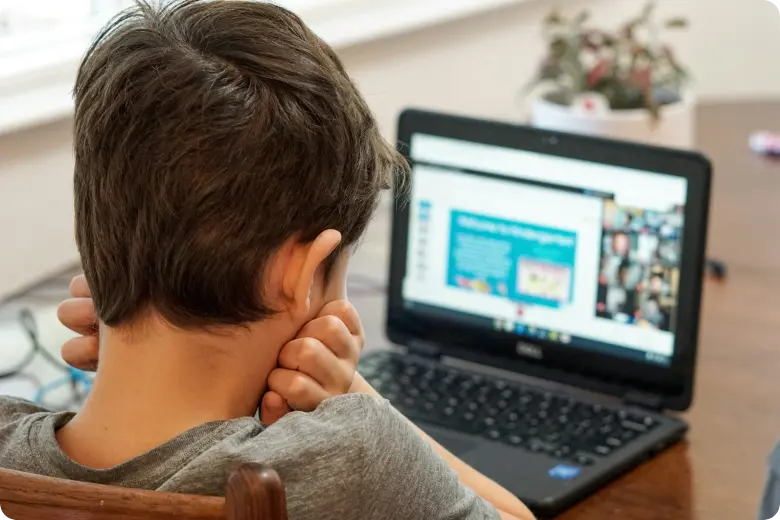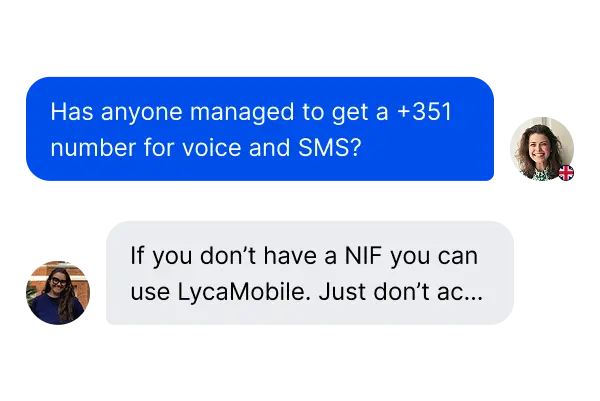‘Ensino doméstico’ homeschool option in Portugal
If the international path is about avoiding the system and getting some freedom, the ‘ensino doméstico’ is about embracing system partnership.
Choosing ‘ensino doméstico’ means you are stepping out of the grey areas and onto the official stage. You are declaring to the Portuguese state, "I am my child's educator, and I will do so in partnership with you." This path offers unparalleled freedom in curriculum design and the potential for deep cultural integration. But it demands a level of bureaucratic navigation and personal organization that is not for the faint of heart.
Let’s understand this step-by-step expedition into the world of official Portuguese homeschooling, guided by the law (‘Decreto-Lei n.º 70/2021’).
Essential: Degrees and DGES (‘Artigo 16.º’)
Before you can even dream of curriculum or portfolios, you must pass through the first and most unforgiving gate. The law is absolute: the ‘Responsável Educativo’ (Educational Supervisor) must hold a bachelor's degree (‘licenciatura’) or a higher academic degree.
For an immigrant, this is not as simple as having a diploma on your wall. Your foreign degree is, in the eyes of the Portuguese government, just a piece of paper until it is officially recognized by the DGES (‘Direção-Geral do Ensino Superior’, or Directorate-General for Higher Education).
DGES bureaucracy
The single most urgent piece of advice echoed across by every expat is this: START THE DGES RECOGNITION PROCESS BEFORE YOU DO ANYTHING ELSE.
Many families report the process taking anywhere from four months to over a year. The timeline is unpredictable and the communication is often minimal. Starting this process six months before you plan to enroll your child is considered wise; starting it a year before is even better.
Your Action Plan:
1. Identify the Correct Recognition Type: You do not need "Specific Recognition" (an exact equivalence to a specific Portuguese degree course), which is a much more complex process. You need "Level Recognition" (‘Reconhecimento de Nível’). This simply certifies that your degree from your home country is equivalent to a ‘licenciatura’ (bachelor's) or ‘mestrado’ (master's) level in Portugal.
2. Gather Your Documents: You will typically need:
- Your original diploma.
- Your full academic transcripts, showing all courses taken and grades received.
- A certified copy of your passport or residency card.
3. Certified Translations. All documents not in Portuguese must be translated by a certified or "sworn" translator (‘tradutor juramentado’). Often, these translations must also be apostilled or notarized. This is not a step to save money on. A poor or uncertified translation will get your application rejected after months of waiting. The community strongly advises using a reputable translator based in Portugal who understands the DGES requirements.
4. Submit and Wait: The application is submitted online via the DGES portal. You will receive a reference number. Guard it with your life. The waiting period is often a black box, and your application's status may not change for months. This is a normal, albeit frustrating, part of the process.
Without the final, stamped letter of Level Recognition from the DGES, you cannot proceed. This is the non-negotiable entry ticket.
!: For the vast majority of expats, this "automatic recognition" does not apply. It's primarily for specific, highly regulated professions where degrees are standardized across the EU. For 95% of people with degrees in Humanities, Arts, Social Sciences, or general Business from non-EU countries, the process is Level Recognition (‘Reconhecimento de Nível’). As detailed in Part 2 of our guide, this is a formal, document-heavy, and often very slow bureaucratic procedure. Do not underestimate it. Assuming you'll get an "automatic" recognition is the single biggest planning mistake a family can make. Budget 6-12 months for this process.
‘Matrícula’ (Enrollment) and the ‘Entrevista’ (Interview) (‘Artigo 9.º’)
With your DGES letter in hand, you are ready to approach your local ‘agrupamento de escolas’ (school district). Your goal is to officially enroll your child in the school, but for the modality of ‘Ensino Doméstico’. This first encounter is critical; it sets the tone for your entire relationship.
What to expect?
The law is national, but its implementation is intensely local. The experience you have will depend almost entirely on the director and the ‘professor-tutor’ assigned to you.
- Expat-Heavy Areas (e.g., Algarve, Cascais): The school will likely have dealt with homeschoolers before. They know the law, have a process in place, and are generally more open-minded. The interview might be a pleasant formality.
- Rural or Non-Expat Area: You may be the first homeschooler they have ever encountered. The director might be skeptical, seeing you as creating extra work. They may be unfamiliar with the specifics of ‘DL 70/2021’. This is where your preparation is paramount.
How to prepare?
You cannot control who you are assigned, but you can control their perception of you. The community's most powerful strategy for this first meeting is to arrive not as a parent asking for permission, but as a professional educator presenting a plan. You do this with a “powerful” binder.
Your binder should contain:
1. Official Documents: Your DGES letter, your and your child's identification, proof of address, etc.
2. Formal ‘Requerimento’ (Request Letter): A letter formally addressed to the school director stating your intent to enroll your child in ‘Ensino Doméstico’ for the upcoming school year, citing your legal right under ‘DL 70/2021’.
3. Your ‘Projeto Educativo’ (Educational Project): This is the heart of your presentation.
- Statement of Educational Philosophy: A one-page summary of your approach. Are you inspired by Charlotte Mason, project-based learning, classical education? Explain your "why."
- Sample Weekly Schedule: A visual representation of a typical week, showing a balance of core subjects, arts, physical activity, and free time.
- Curriculum and Resource List: A list of the core resources you plan to use (e.g., "Math: Beast Academy; History: Story of the World; Science: Hands-on experiments based on the Mystery Science framework"). This demonstrates foresight.
- Mapping to Portuguese Standards: This is the master stroke. Take the official ‘Aprendizagens Essenciais’ (Essential Learnings) for your child's grade level (available online from the DGE) and show how your chosen curriculum aligns with them. A simple table with "Our Curriculum Topic" in one column and "Corresponds to ‘Aprendizagem Essencial’ Code X.Y" in the other is incredibly impressive. It shows the director you respect the Portuguese system and have already done the hard work of bridging your methodology to their requirements.
As you present this binder, you can transform the interview. You are no longer a problem to be solved, you are a competent partner who has made the school's job easier.
!: Forums and groups specific for homeschooling families in Portugal are essential during this moment. They will provide insightful information, tips, and an overview of what to expect and how to prepare
!: There is some advice to "basically copy it from the Portuguese curriculum" when creating your Learning Project, and it’s a common shortcut, but it's a strategic error that misses the entire point of the first interview. Your first meeting with the school director is not about proving you can copy-paste from a government website. It's about building trust. Directors are wary of ‘Ensino Doméstico’ because they see it as extra work and potential trouble. The “binder" strategy is the proven antidote. By presenting a professional, thoughtful, and customized project that maps to the ‘Aprendizagens Essenciais’ (rather than just copying them), you are demonstrating competence and respect for their role. You shift their perception from "potential problem parent" to "organized, professional educator." This goodwill is priceless and will make your entire journey smoother.
Curriculum and hybrid model (‘Artigo 7.º’ & ‘12.º’)
The law gives you freedom but within a specific framework. You must cover the national curriculum's essential learning goals and the obligatory "Citizenship and Development" themes.

































